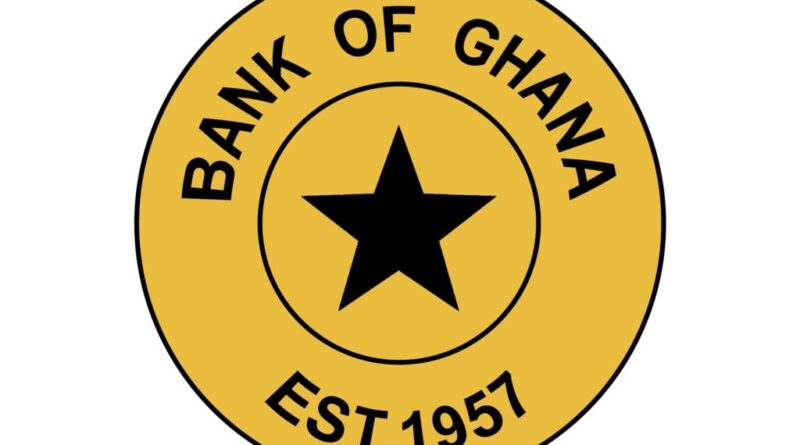Editorial:The Ghana Cedi: Addressing the Current Forex Rate Crisis
In recent months, the Ghana cedi has been facing significant challenges against the United States dollar, leading to a sharp depreciation that has garnered global attention. The currency is now considered one of the worst performing in the world, with its value plummeting rapidly. Despite this alarming trend, the Central Bank, responsible for safeguarding the country’s currency, has remained largely silent, prompting calls for action from Finance, the dollar is selling at – USDGHS: 13.9980
- Inter-Bank Exchange Rate – End Period (GHC/US$): 12.0356, 12.4642, 12.8770, while the Ghana Cedis forex rates at the bureau s
- US Dollar (USD):
Buy rate: 14.70
Sell rate: 15.20
It is clear that the current situation is dire and demands urgent intervention.
The root cause of the cedi’s depreciation lies in the rampant currency speculation that has plagued the Ghanaian economy for some time. The insatiable demand for foreign currencies, particularly the US dollar, has led to a situation where the dollar has become the preferred currency for many transactions, despite the illegality of such practices. Foreign nationals, particularly from neighboring Francophone countries, have taken advantage of this situation to manipulate exchange rates and profit at the expense of the Ghanaian economy.
Furthermore, the prevalence of dollarization in key sectors such as real estate and travel agencies has further exacerbated the problem, making it difficult for ordinary Ghanaians to access essential goods and services at affordable prices.
It is imperative that decisive action be taken to address these issues and restore stability to the currency. The government must crack down on illegal forex trading activities and prosecute those involved in undermining the country’s financial system. Additionally, measures should be put in place to limit the importation of non-essential goods and prioritize locally produced goods to reduce reliance on foreign imports.
While the current situation may seem daunting, it is not insurmountable. By implementing strict regulations on forex trading, curbing illegal activities, and promoting local production, Ghana can begin to reverse the trend of currency depreciation and pave the way for a more stable and prosperous economy.
It is crucial that all stakeholders, including the government, Central Bank, and citizens, work together to address the root causes of the cedi’s depreciation and chart a path towards economic recovery. Only through concerted efforts and decisive action can Ghana overcome the current forex rate crisis and build a more resilient economy for the future.

